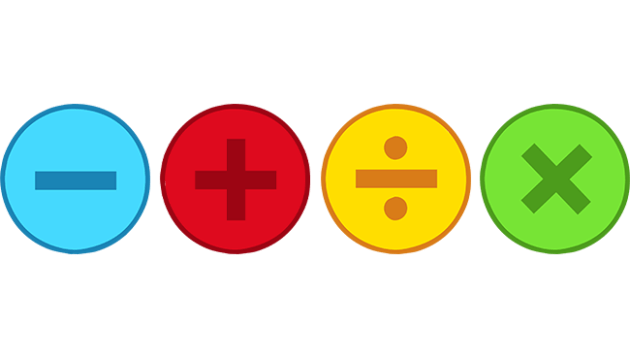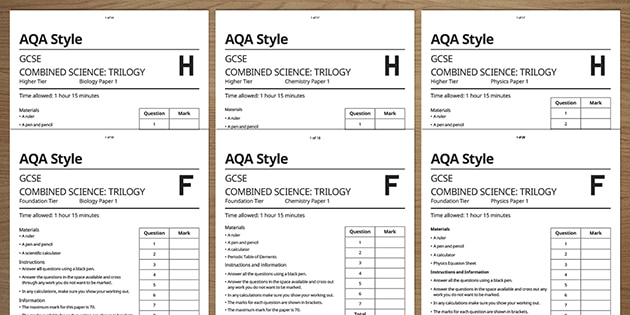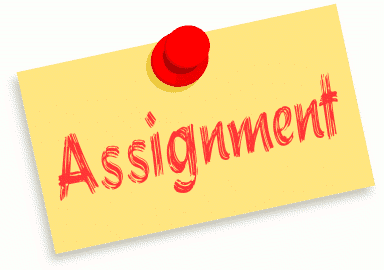
Tutoring mathematics has been one of the most unexpectedly meaningful experiences of my life. What began as a part-time role quickly became a space of genuine connection, growth, and trust. Over time, I’ve realised that tutoring is as much about supporting students as people as it is about helping them understand maths.
One of the greatest things I’ve gained from tutoring is a deeper appreciation for the relationships that form in the learning process. Each student brings their own personality, strengths, and challenges, and working closely with them has shown me how powerful consistent guidance can be. Watching a student’s confidence grow, whether from mastering a concept they once feared or simply feeling more comfortable asking questions, has been incredibly rewarding. These moments have shaped the way I approach not only teaching, but communication and patience in general.
What I didn’t anticipate, especially when I first started, was how much students trust their tutors. There’s a unique vulnerability in asking for help, admitting confusion, or trying again after making mistakes. I’ve come to appreciate how significant it is when a student feels safe enough to do that with me. That trust isn’t something I take lightly and it pushes me to show up fully, to listen closely, and to make sure they always feel supported and respected.
Through tutoring, I’ve gained not just teaching experience, but a richer understanding of the emotional side of learning. The relationships I’ve built with my students have been the highlight of this journey, and they’ve taught me just as much as I’ve taught them. It’s a privilege to play even a small part in their growth, and it’s a role I will always value.
Avigal Holstein










